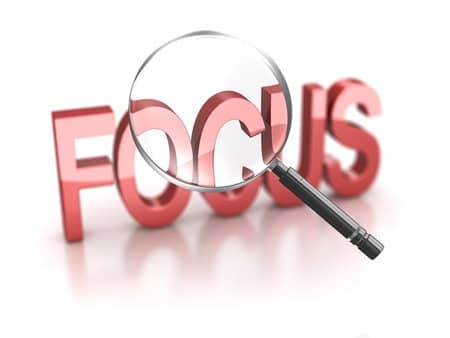The brains of ambitious women and people of color are always churning when we are at work. I’ve written about the art of code-switching in the article, Authentically Navigate Your Work Culture. Ultimately, code switching means you are always taking in information to evaluate where you stand in any given situation and how others perceive you. This process helps you decide how you speak and behave when you are in a particular environment.
This constant scanning and thinking leaves you prone to be more reactive than proactive in most situations.
For instance, when you have a challenging interaction at a meeting, your brain isn’t solely focused on how to respond to the challenge. You are also thinking about how others will perceive you when, and if, you decide to respond. That seed of uncertainty often leaves us unable to respond. Or worse, we react to our perception of what others are thinking rather than effectively responding to the challenge.
How can you deal with these types challenges?
You have to start training your mind to respond and not react. It’s building a new habit, and its best to start the practice when you aren’t under pressure.
For instance, what do you plan to do when you have unexpected breaks of time in your day?
Let’s say you’re meeting someone for coffee and they are 20 minutes late. What do you anticipate you would do with those 20 minutes? Would you get lost on the internet or would you decide to use those 20 minutes to focus on your priorities?
When you train yourself to focus, this skill will serve you when you are in a challenging situation.
When you are in a meeting, and you are challenged by your boss, you’ll have a greater ability to focus on the problem rather than how you are being perceived. The focus is internal, not external.
When focusing internally you might decide that the best response is to ask for time. Maybe you schedule another meeting or follow up individually with the person who is challenging you.
Regardless of your response, the point is that you have to train your mind to focus on the issue and not be distracted by the environment. You have to learn how to respond not simply react to what is going on around you.
As you build the skill, you’ll find that you are more aware of what you are thinking and what you want to do with those thoughts.
There is nothing more valuable than awareness of what you want and choosing to act upon what you want to do rather than focusing on what other people expect you to do.
